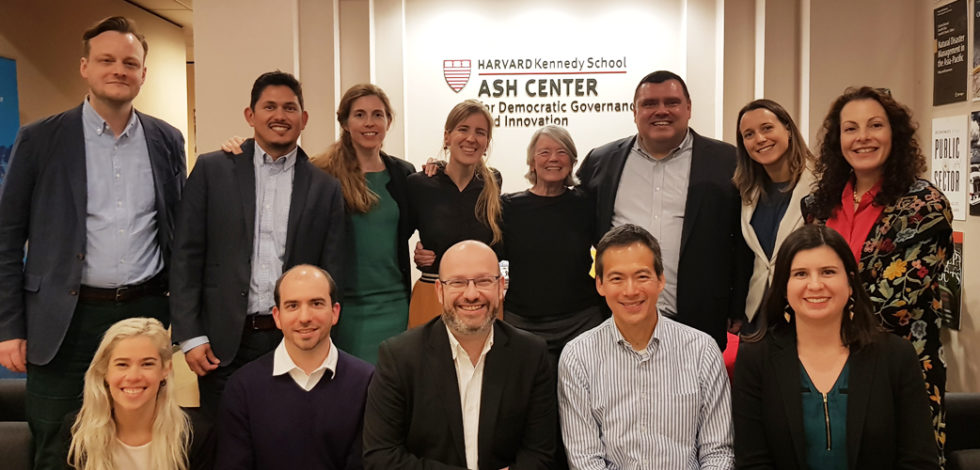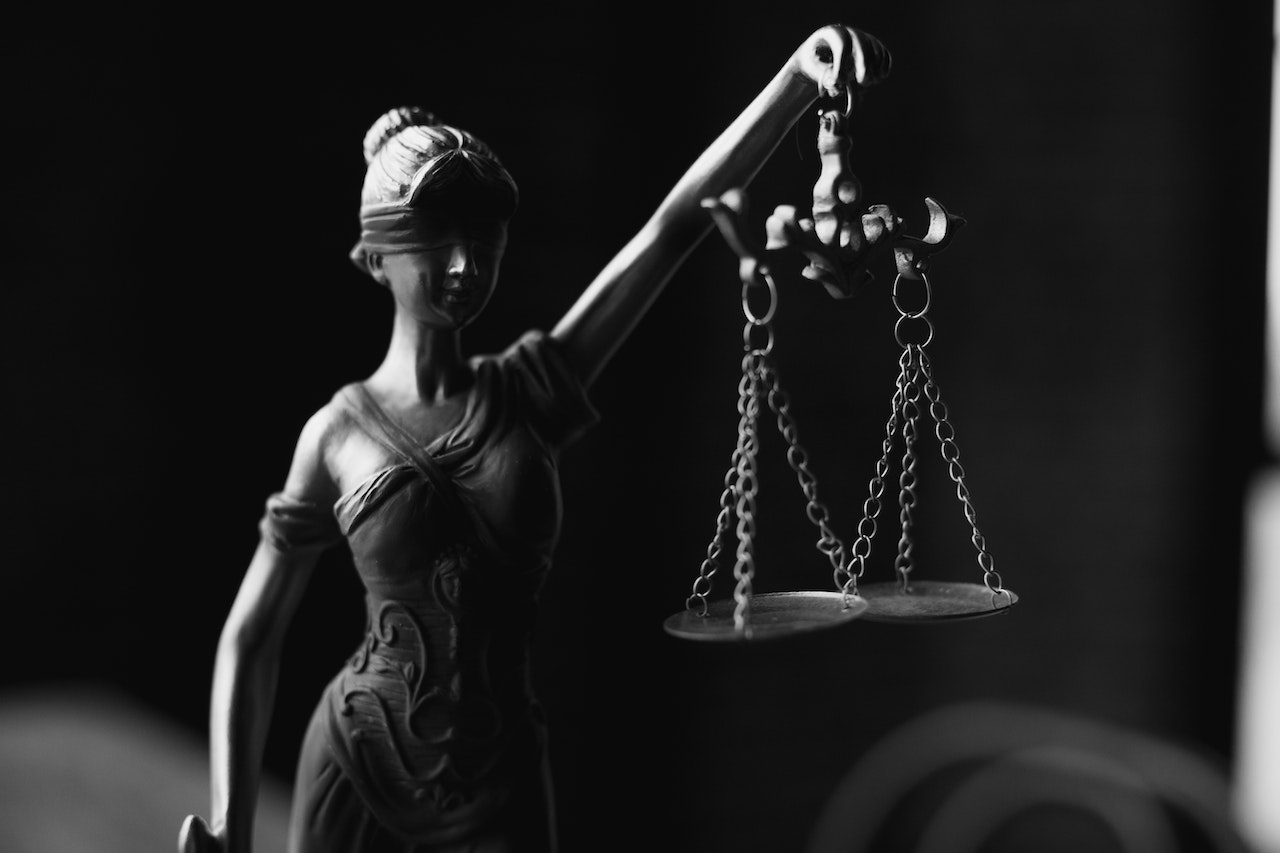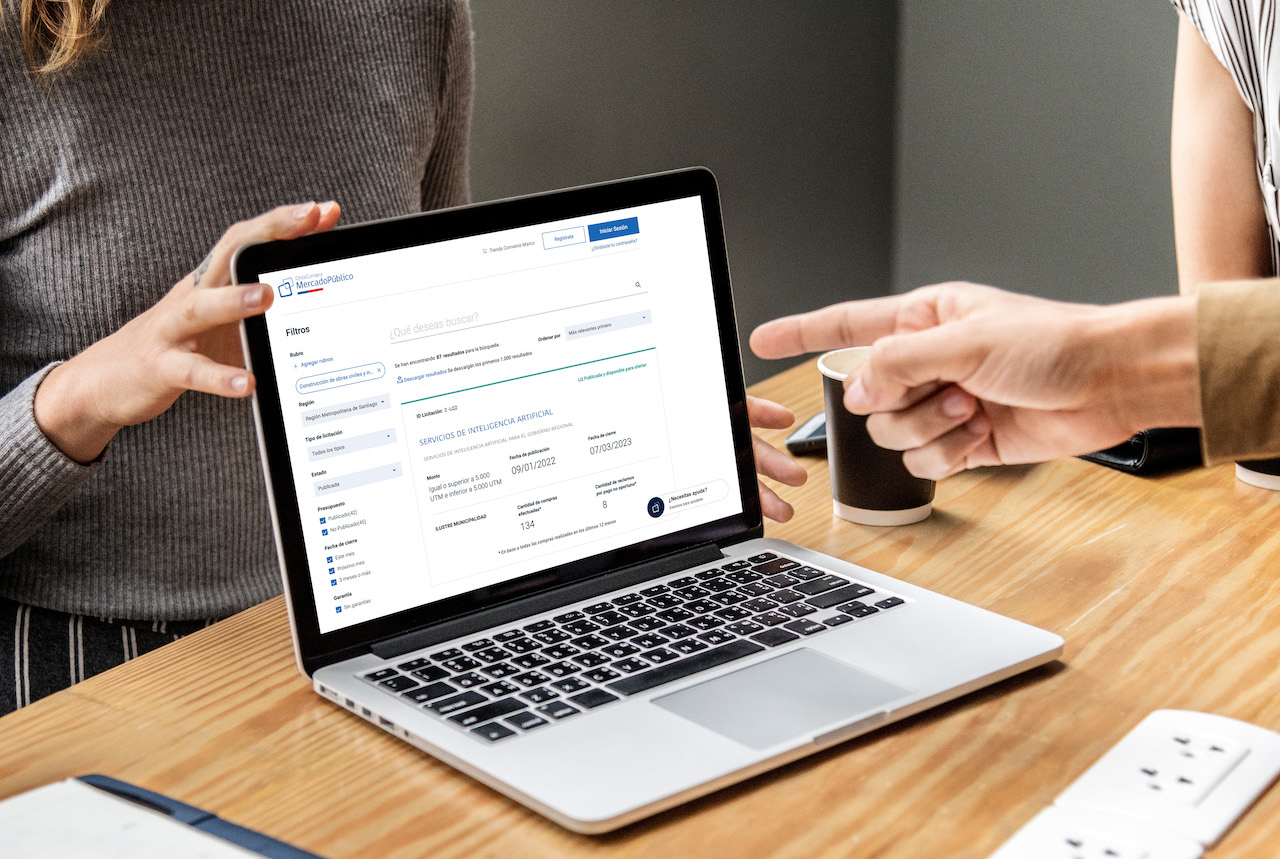
How should new digital technologies be incorporated to make our institutions more democratic?
UAI academics present research project on citizen participation at Harvard
June 6, 2019
How should new digital technologies be incorporated to make our institutions more democratic? This is the question that brings together academics from the UAI at Harvard University along with a dozen professors from various American universities.
Professors Luis Enrique Santana of the School of Communications and Journalism and Mayra Feddersen of the Law School participate for two days in the Directly Representative Democracy workshop: Can public engagement enhance legitimacy and effectiveness? At the Ash Center for Democratic Governance and Innovation at the Kennedy School of Government at Harvard University.
Feddersen and Santana, together with the academic Victoria Alsina of Harvard University, are the leading researchers in the “CrowdLaw: Technologies for citizen participation” project, which investigates the instances of citizen participation in the Chilean congress and is carried out with the support of the Harvard-UAI Collaborative Research Fund Program.
In particular, they have focused on studying how the Virtual Senator, a citizen participation platform that operates in the Chilean Senate 16 years ago, allows a more democratic system. At the same time, they have studied one of the instances of citizen participation in the evaluation of the law, a unit of the Chamber of Deputies that has been in operation for more than 10 years and that focuses on studying whether the laws to be implemented meet the objectives or not from when they were designed.
“Digital technologies, such as social networks, have certain characteristics that if incorporated by traditional institutions can contribute to a better democracy,” says Santana.
The project, coordinated by María Paz Hermosilla, director of the GobLab of the UAI, signed a collaboration agreement with the Senate to carry out this work. Research assistants from the Faculty of Law, the School of Government, and the School of Communication and Journalism participate in the investigation.
For Professor Feddersen “this instance is very important because it serves to build and strengthen research networks in projects that exceed the national reality.”



